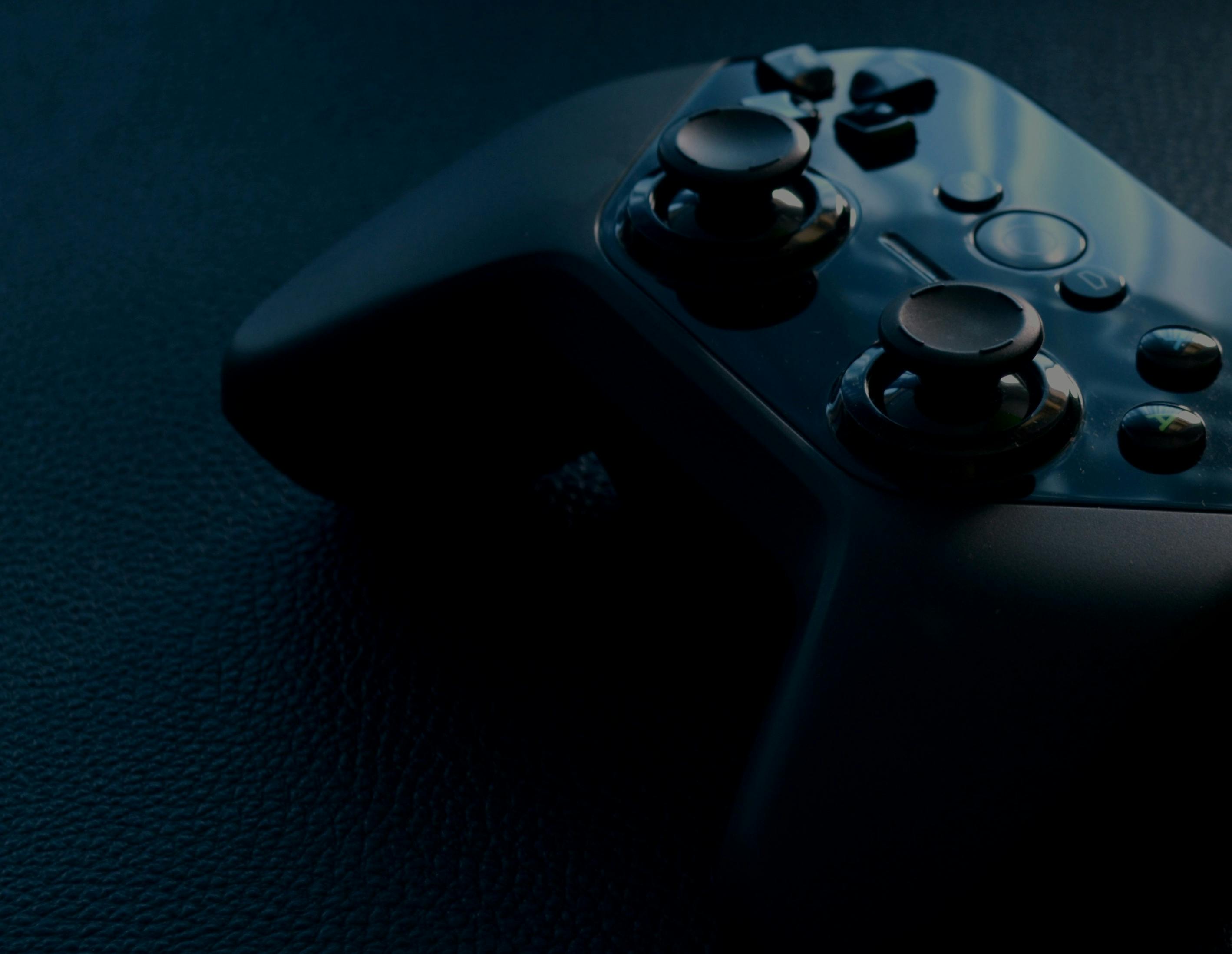Assassin's Creed Shadows Sparks Controversy in Japan — Even the Prime Minister Weighs In
Ubisoft’s latest release, Assassin's Creed Shadows, is facing intense criticism from Japan — and even the country's Prime Minister has spoken out.
Ubisoft’s Assassin's Creed Shadows was one of the most highly anticipated game releases of 2025. Set in 16th-century feudal Japan, the game promised an immersive historical experience featuring samurai culture and intricate political tensions. However, shortly after its release, the game has found itself at the center of a growing controversy in Japan. Japanese Prime Minister Shigeru Ishiba and over 100,000 petitioners have voiced concerns over the game's portrayal of Japanese history and culture, raising questions about authenticity and respect for historical accuracy.
What Sparked the Backlash?
The controversy stems from two major issues:
-
Portrayal of Yasuke as a Samurai
Assassin's Creed Shadows features Yasuke, a historical African samurai, as a central character. While Yasuke did exist in history, his portrayal as a powerful and influential figure within Japan’s strict samurai hierarchy has drawn criticism from cultural historians. Many argue that Yasuke’s role has been exaggerated and inaccurately represented for the sake of narrative convenience. -
Violence in Sacred Spaces
A specific cutscene showing Yasuke engaging in combat within a Shinto shrine has been particularly controversial. Critics argue that depicting violence in a sacred space is deeply disrespectful to Japanese culture and religious traditions.
Prime Minister's Statement
Japanese Prime Minister Shigeru Ishiba addressed the controversy in a public statement:
"Japan’s rich history and traditions deserve to be portrayed with accuracy and respect. While we welcome creative interpretations, misrepresenting historical figures and sacred practices for entertainment value risks distorting our cultural identity."
The Prime Minister’s statement reflects the broader sentiment among Japanese players and historians, many of whom feel that Ubisoft failed to consult adequately with cultural experts during development.
Community Response and Petition
A Change.org petition titled "Respect Japanese History in Assassin’s Creed Shadows" has gathered over 100,000 signatures within a week. The petition calls on Ubisoft to issue an official apology and consider revising the game’s portrayal of Japanese culture in future updates.
Social media platforms like X (formerly Twitter) have also been flooded with posts criticizing Ubisoft. Hashtags such as #RespectJapaneseHistory and #ACShadowsControversy have been trending globally.
Ubisoft’s Response
Ubisoft has acknowledged the backlash and released a statement saying:
"We value feedback from our global player community and are committed to representing historical settings with accuracy and respect. We are actively reviewing the feedback from Japanese players and consulting with cultural advisors to ensure authenticity in future updates."
While Ubisoft has not indicated whether they will alter existing content, the company's willingness to engage with the community suggests that changes may be on the horizon.
Will It Affect the Game’s Popularity?
Despite the backlash, Assassin's Creed Shadows has already become one of Ubisoft’s best-selling titles of the year. The game’s stunning graphics, detailed world-building, and engaging combat mechanics have been praised by many players outside of Japan. However, the cultural missteps could tarnish its long-term reputation and player retention in the Japanese market.
Conclusion
The controversy surrounding Assassin's Creed Shadows highlights the delicate balance between creative storytelling and cultural sensitivity. As Ubisoft navigates the backlash, the gaming community will be watching closely to see how the company addresses the concerns raised by Japanese players and political leaders alike.









